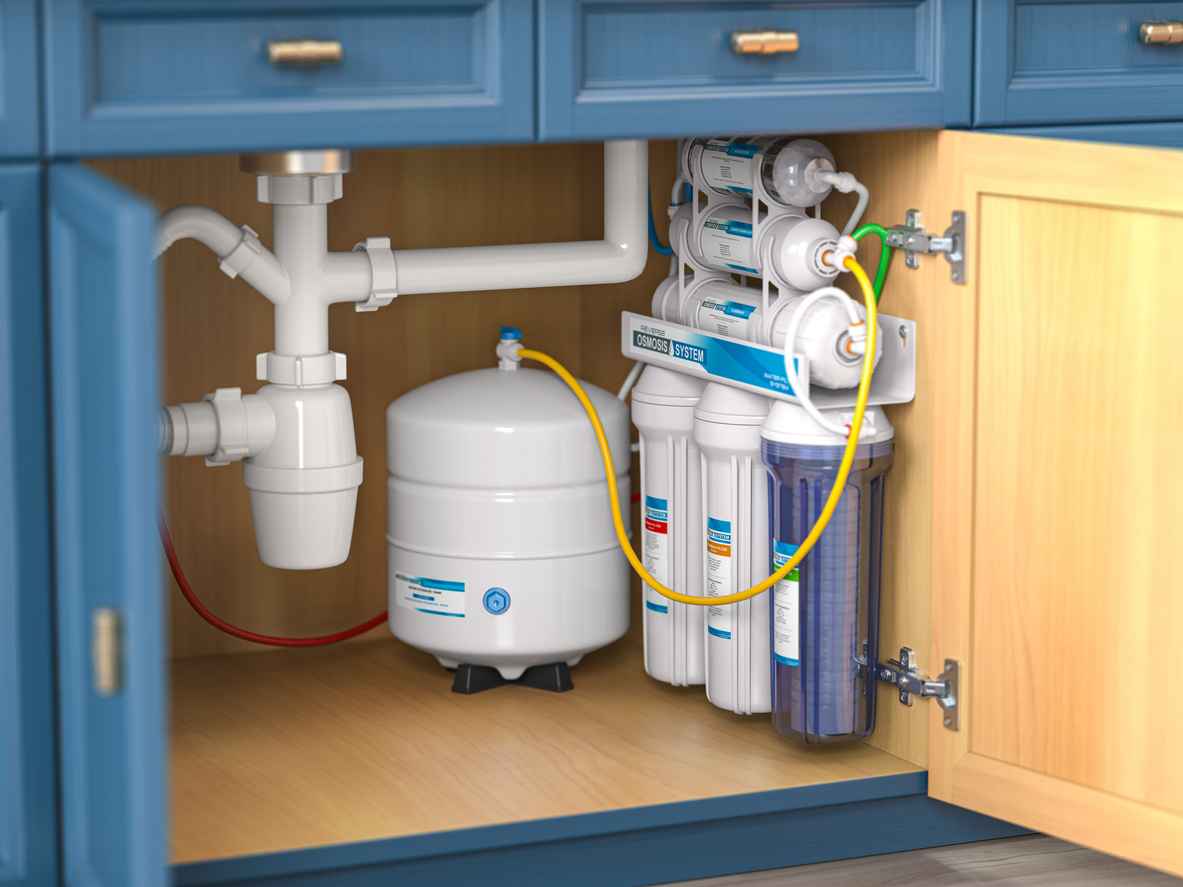520-216-7533
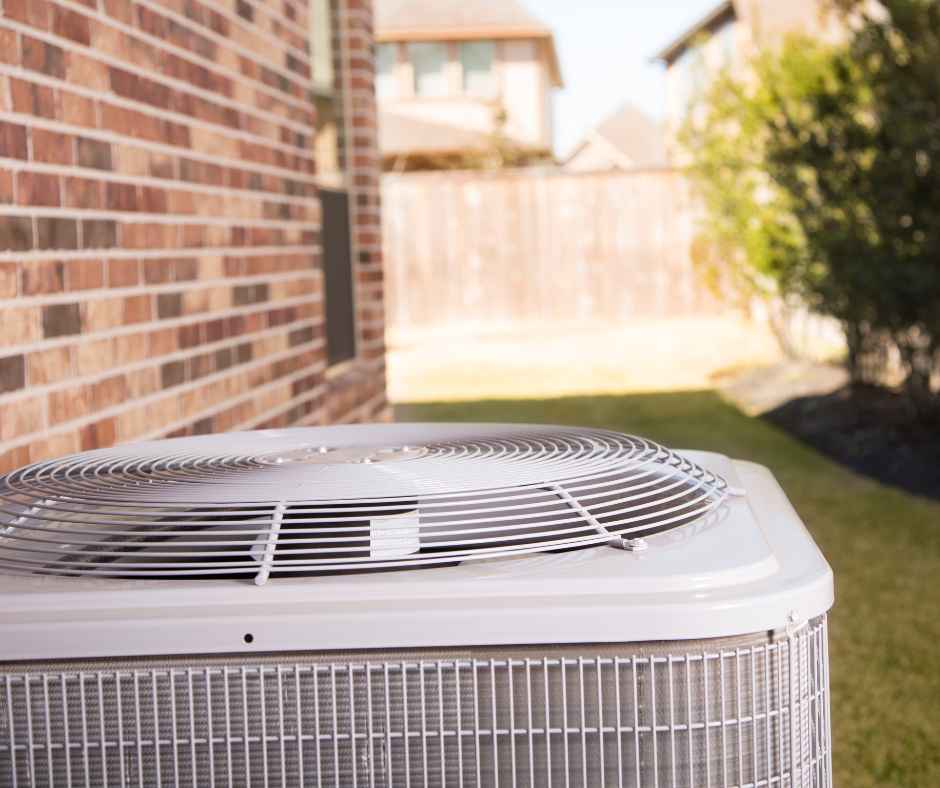
Why Is My Air Conditioner Not Working?
June 20, 2025
There’s nothing worse than losing cool air during a heatwave—especially when your air conditioner suddenly stops working without warning. When the temperature rises and your AC is down, it’s more than just uncomfortable—it can affect your sleep, health, and peace of mind. Whether it’s blowing warm air, cycling constantly, or not turning on at all, something’s clearly wrong. Unfortunately, many homeowners don’t know where to start when their AC fails.
The good news? Most issues have common causes and can often be resolved with the right approach. In this blog, we’ll walk you through the signs, possible reasons, quick fixes, and when it’s time to call Pioneer Plumbing, Heating & Cooling for expert help.
When Your AC Stops Working, It’s More Than Just Inconvenient
Your air conditioner does more than just cool the air—it keeps your home comfortable, controls humidity, and helps maintain indoor air quality. When it stops working, the effects can be immediate and uncomfortable, especially during peak summer heat. It’s not just a matter of being warm—it can impact your health, sleep, and even your home’s structure if humidity builds up.
So why does it happen? AC systems are made up of many working parts, and over time, wear and tear can cause things to break down. Issues like clogged filters, faulty components, electrical problems, or low refrigerant levels are all common culprits. Even something as simple as a tripped breaker can halt your system’s function entirely.
If these problems are left unaddressed, you could face higher energy bills, costly repairs, or even a full system replacement. That’s why identifying the problem early—and knowing how to respond—can save you time, stress, and money.
Signs and Common Causes of AC Failure
When your air conditioner isn’t working the way it should, the signs often show up before a complete breakdown. Recognizing them early can help you take action before things get worse.
Common Signs
- Warm air is blowing from your vents: Even with the AC running, the air isn’t cool.
- The AC won’t turn on at all: You set the thermostat, but nothing happens.
- Strange noises or vibrations: Rattling, buzzing, or grinding can signal internal issues.
- Short cycling: The system turns on and off frequently without completing a full cooling cycle.
- The thermostat isn’t responding: Settings don’t change the temperature or the screen is blank.
- Ice buildup on your outdoor unit: Frozen coils can stop your AC from cooling properly.
These symptoms may point to a range of causes—some easy to fix, others that need professional attention.
Why It Happens
- Tripped breaker or blown fuse: A power issue can stop your system in its tracks.
- Dirty air filter: A clogged filter blocks airflow and can lead to overheating or freezing.
- Low refrigerant levels: Without enough refrigerant, the system can’t cool your home effectively.
- Frozen evaporator coil: Often caused by restricted airflow or low refrigerant.
- Faulty thermostat or electrical problems: A broken thermostat can miscommunicate with your system.
- Clogged condensate drain line: Blockages can shut down the unit to prevent water damage.
- Aging or damaged components: Over time, motors, fans, or compressors may wear out.
Understanding what’s behind your AC issue is the first step to fixing it fast.
What You Can Do to Fix It
Some air conditioner problems have simple solutions you can handle yourself, while others require an experienced technician. Knowing the difference can help you avoid unnecessary repairs—or prevent further damage.
DIY Solutions
- Check your thermostat settings: Make sure it’s set to “cool” and the temperature is lower than your room temp. Also check the batteries if it’s not hardwired.
- Change or clean your air filter: A clogged filter is one of the most common causes of poor airflow and frozen coils.
- Inspect your breaker box: If the AC won’t turn on at all, a tripped circuit breaker might be the culprit.
- Clear debris from the outdoor unit: Grass, leaves, and dirt can block airflow. Gently clean around the condenser to improve performance.
- Let frozen coils thaw: Turn off the AC and switch the fan on to help melt any ice. Wait a few hours before restarting the system.
These quick steps can restore basic functionality if the issue is minor.
When to Call a Professional
- Airflow issues persist after filter changes: This could mean there’s a deeper blockage or duct problem.
- You suspect a refrigerant leak: Only certified technicians can handle refrigerant safely and legally.
- Ice continues to form: Recurring freezing may indicate refrigerant or airflow issues that require expert tools and diagnostics.
- System won’t cool despite working power and settings: There may be a failing compressor, motor, or internal control board.
- You haven’t had maintenance in over a year: Regular tune-ups can catch small problems before they become big ones.
Pioneer Plumbing, Heating & Cooling can diagnose and fix these issues quickly, helping you stay cool without stress.
How to Prevent AC Problems Before They Start
The best way to deal with a broken air conditioner is to stop problems before they happen. With a few proactive habits and regular care, you can keep your AC running smoothly all summer long.
- Change your air filters regularly: During peak cooling months, check and replace filters every 30–60 days to maintain airflow and efficiency.
- Schedule annual AC maintenance: A professional inspection can catch worn parts, refrigerant issues, or potential breakdowns before they escalate.
- Keep the outdoor unit clean: Trim back plants, remove leaves and debris, and gently rinse the coils with a hose when needed.
- Test your thermostat seasonally: Replace batteries and verify it’s functioning properly before cooling season begins.
- Listen for unusual sounds: Clicking, grinding, or rattling can be early warnings of failing parts—don’t ignore them.
Staying ahead of maintenance doesn’t just prevent breakdowns—it extends the life of your system and saves you money on repairs and energy bills.
Wrap-Up: Get Your AC Back to Work—Fast
When your air conditioner isn’t working, it disrupts more than your comfort—it can affect your health, stress levels, and even the condition of your home. Whether it’s a simple thermostat fix or a more serious system issue, taking quick action is key to staying cool and avoiding costly damage.
While some issues can be handled with basic maintenance, many AC problems require the expertise of a professional. That’s where Pioneer Plumbing, Heating & Cooling comes in. From fast diagnostics to long-term solutions, our team is here to restore your comfort and peace of mind.
Don’t sweat it—contact Pioneer Plumbing, Heating & Cooling today for expert AC repair and reliable service you can trust.
Recent News
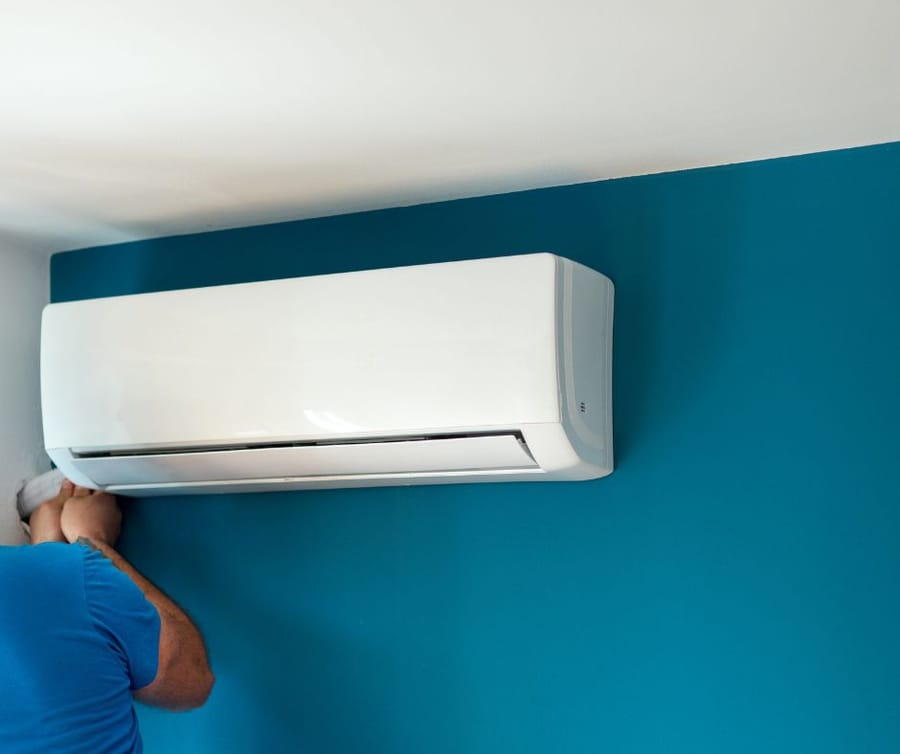
Why Is My Air Conditioner Blowing Warm Air? Common HVAC Issues in Tucson
July 17, 2025
Why Is My Air Conditioner Blowing Warm Air? Common HVAC Issues in Tucson
July 17, 2025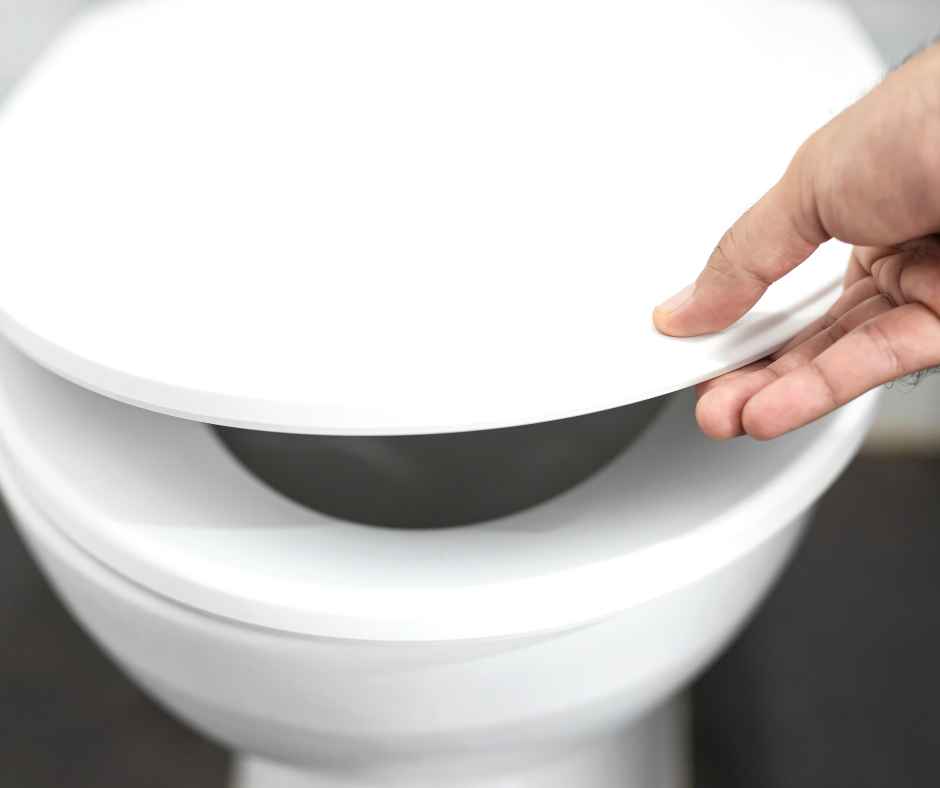
Why Is My Toilet Running?
May 16, 2025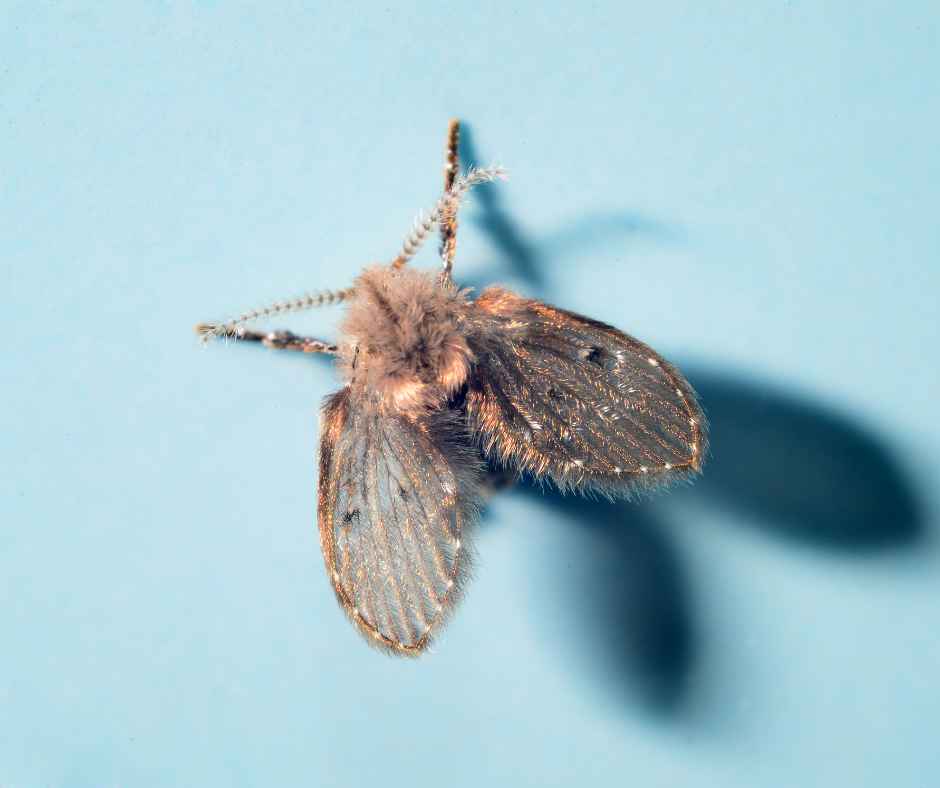
How to Get Rid of Drain Flies
April 17, 2025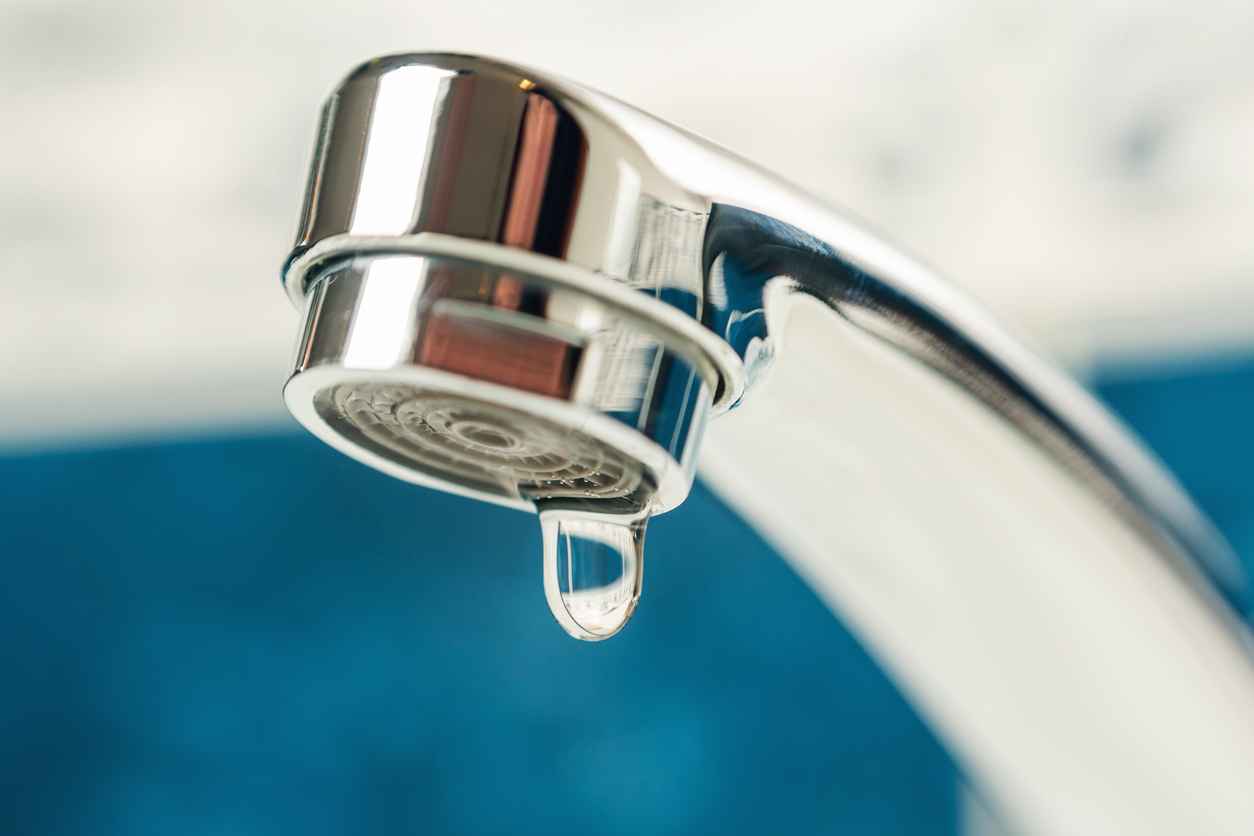
How to Fix a Leaky Faucet
March 6, 2025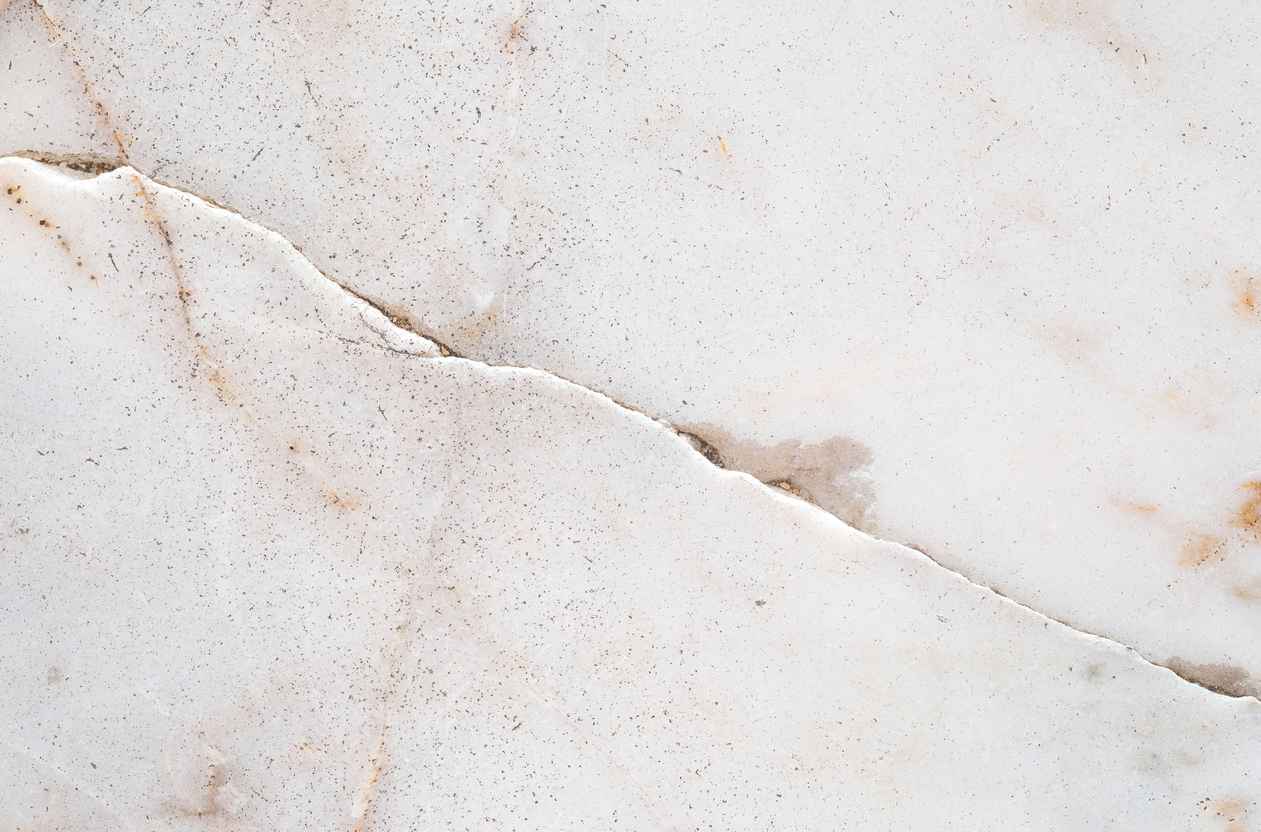
What is a Slab Leak?
February 18, 2025